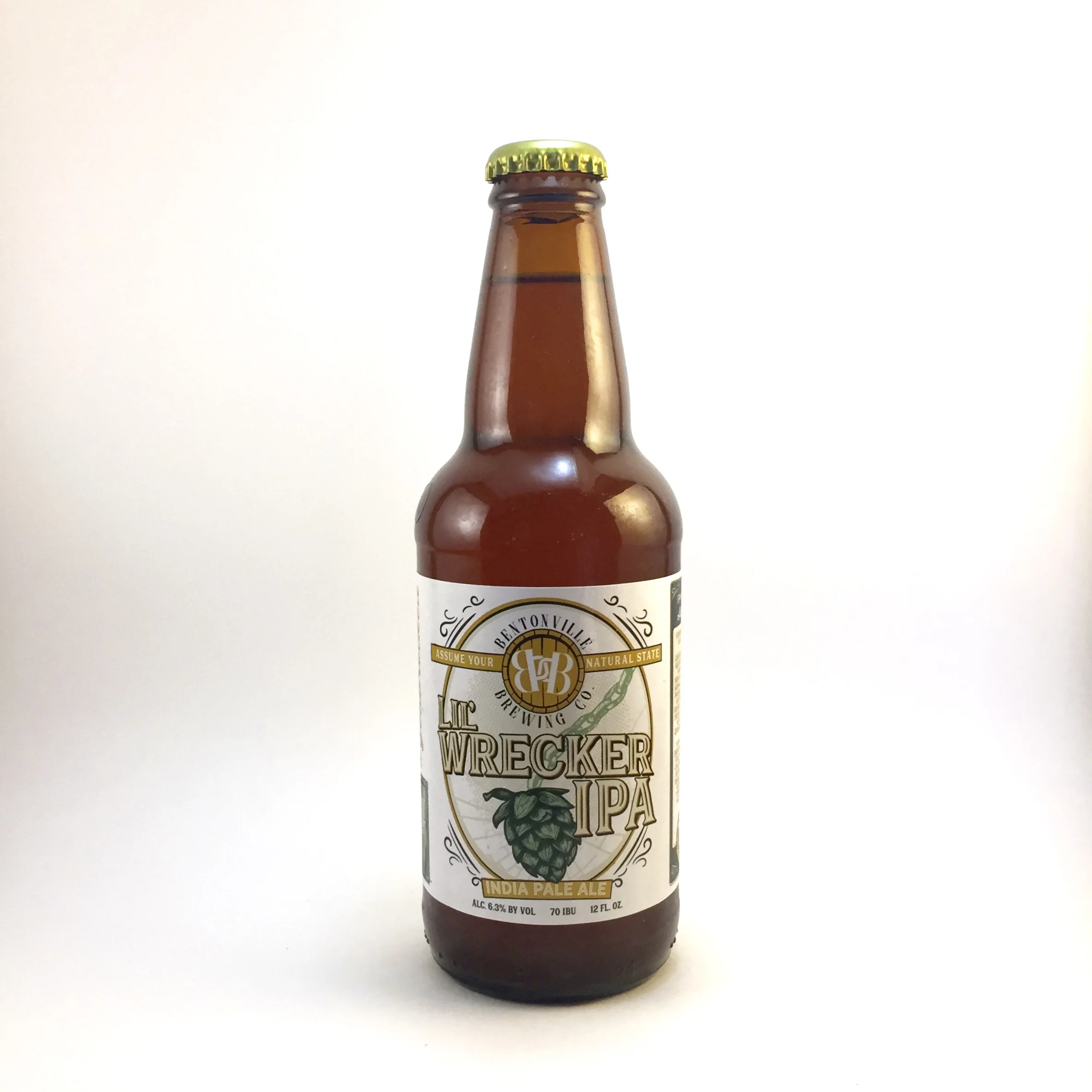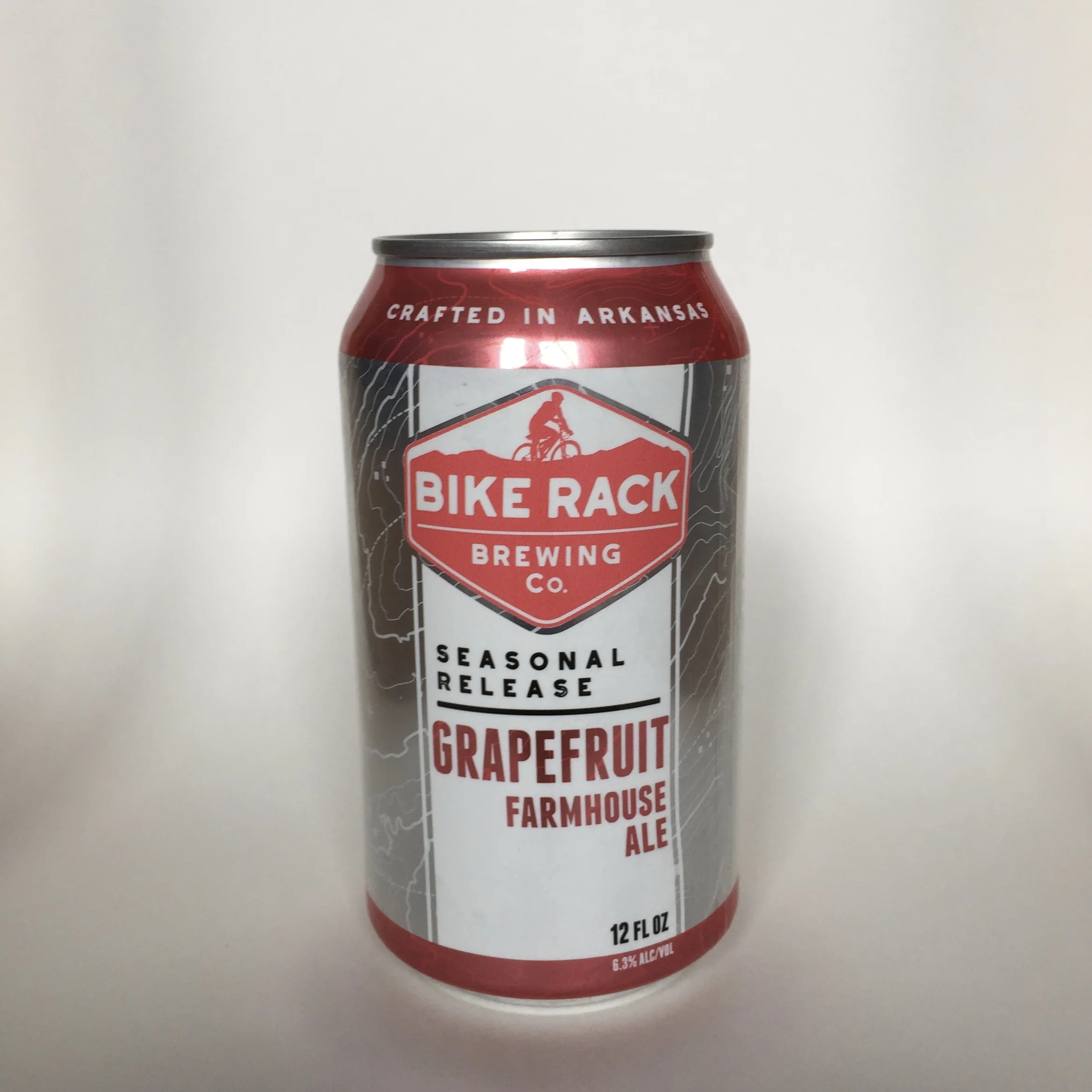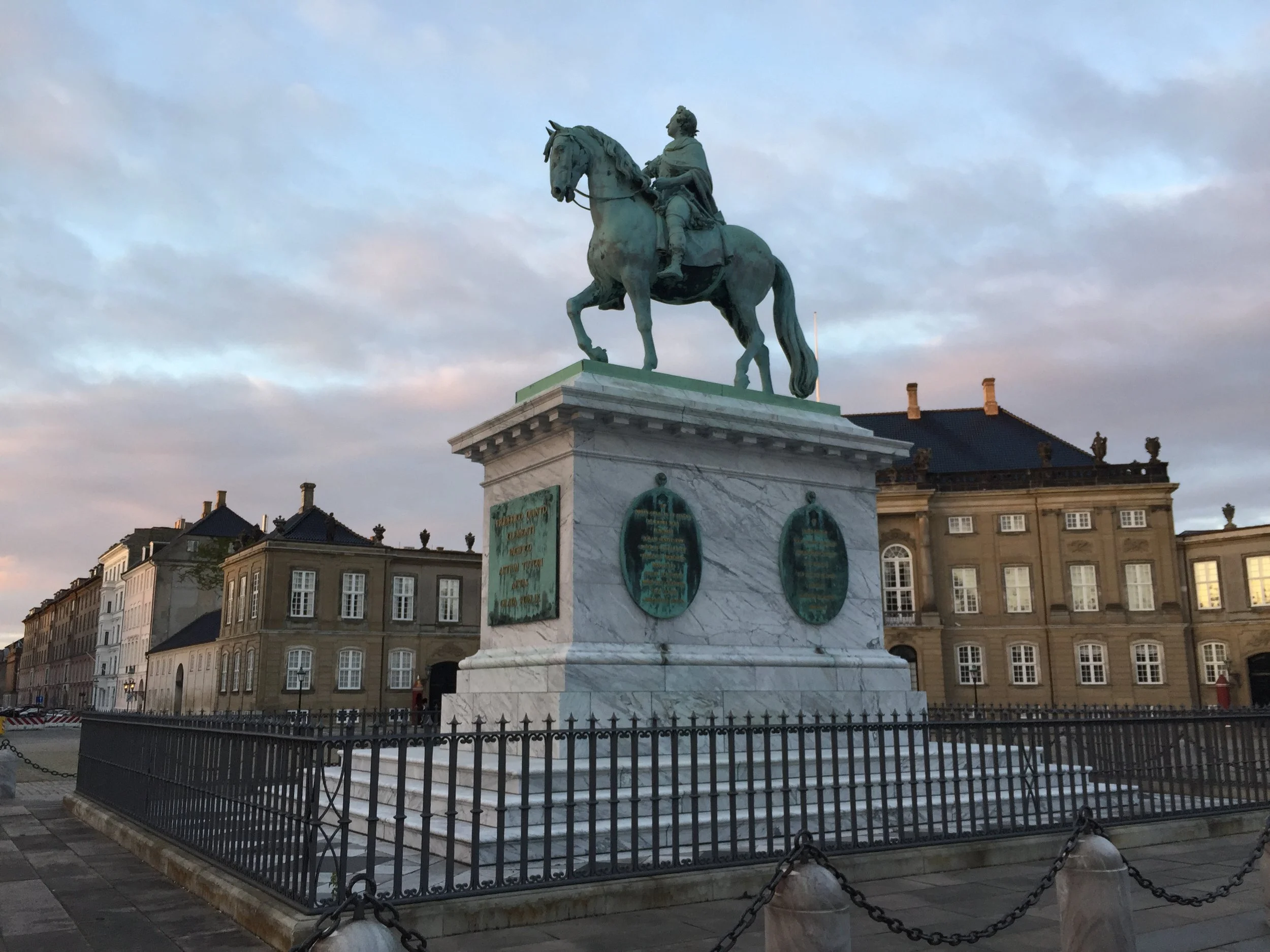I was listening to NPR this morning and heard Joshua Johnson of 1A talk about the gentrification of historically black cities in the U.S., sometimes referred to as "chocolate cities." Think New Orleans, Atlanta, Memphis, Detroit, etc. when hearing that term for the first time.
It was a sweeping discussion with several thought leaders in sociology and black studies attempting to explain the phenomenon of rising property values and the thinning of diversity that results. The general thought was that as wealth and a more mainstream culture infiltrates a city, the norms and customs in place for generations start to fade away.
The show was fascinating on many levels. But what leads me to write about it here is a statement by one of the panelists that struck me in a weird way. The gentleman, whose names escapes me, said that in one particular city longtime residents lamented the fact that jazz clubs were closing and being replaced by microbreweries.
Wait, what?!
It seemed like everything came to a screeching halt when I heard him say that. Is there some segment of the populace that sees craft beer as a place in which they don't belong and don't want to be a part of? Something to be avoided?
That's a terrible feeling, of course, because I love beer and the culture that has sprung up around it. It's hard to fathom that someone might see it in a negative light, and even worse, in a way that threatens or intimidates them.
It made me think deeply. What does craft beer look like in Arkansas, and what is it's effect on the local culture?
If you dig deep you'll see a mixed bag of results.
First the negative.
Craft beer in the state is almost totally white. I hate to say it, but it's true. Arkansas is not unique in this regard, simply reflective of a broader issue in the industry. I'm not sure exactly what is going on with diversity in craft beer. Most everyone involved with beer is open-minded and inclusive by nature (at least based on my experience). I really haven't witnessed any open prejudice or hostility during my time around this culture. But for whatever reason the diversity of craft beer workers--or for that matter craft beer drinkers--in the state doesn't seem to reflect the diversity of the overall population. There is definitely a racial divide, although definitely not by design.
I had an experience recently that speaks to this issue. I was in a local brewery's taproom. It was a typical day in Fayetteville and everyone was relaxed and enjoying their beers. My wife and I were positioned just inside the door, in such a way we could see people's expressions as they first walked in and surveyed the scene. At one point a young African-American guy walked in, took a long sweeping look around the room, walked towards the bar, glanced up and down the beer menu, and then promptly turned and walked out the door. In that moment I thought to myself--"What was he looking for that he couldn't find here?" and "Was there anything in the environment that was off-putting to him? Things all of us look-a-likes don't have the emotional intelligence to notice?"
You see more women in breweries than you do people of color, but gender parity in the brewing operations is still an issue in Arkansas. It's primarily a white culture, and it's just as true that it's dominated by males. With that said, there are some incredibly successful women in beer in the Natural State. Off the top of my head (and at the risk of leaving someone out), I can name Ozark's Lacie Bray, Bentonville Brewing's Katie Boykin, Laura Berryhill of Blue Canoe, Jennifer Muckerman of JJ's, Tony Guinn of Gravity BrewWorks, Columbus House's Carey Ashworth, and Superior Bathhouse's Rose Schweikhart as a few example of bigtime beer people in Arkansas who happen to be female. I just think we need a lot more of them because they tend to make everything they touch better.
Diversity issues aside, I think breweries do have a positive impact on the neighborhoods they live in. Like coffee shops, brewery taprooms and pubs have become the public square of long ago. It's the place to meet and exchange ideas. Artistic expression is given stage there. And over pints of beer we re-establish social connections that might otherwise wither and die away.
Brewery taprooms also generate foot traffic and cash flows in once-starved neighborhoods. Restaurants, coffee shops, and other types of businesses often sprout in their vicinity, which provide goods, services, and jobs to the area's residents. "A rising tide raises all ships" is an oft-repeated saying that refers to the success of one brewery positively impacting the success of nearby breweries. The saying is also true across industries because the rising tide created by breweries raises all types of businesses.
Arkansas beer is diverse in some ways. There is a cool urban/suburban/rural dynamic that provides different experiences based on the setting. Lost Forty Brewing Company is a big urban brewery, which is different from the tiny suburban taproom Crisis Brewing recently opened in Fayetteville, which is a far cry from the out-in-the-boondocks vibe of Prestonrose Farm & Brewing in Paris (which is led by badass brewer Liz Preston).
The state is also diverse in terms of the different business models we see used by breweries. We have large production breweries distributing statewide, smaller regional breweries that send beer to small areas of the state, tiny breweries that focus on taproom sales, and even a few gypsy brewers for good measure. Springdale's Core Brewing is still going strong with its unique business model, having recently opened new public houses in Hot Springs and Little Rock. You can go big or treat it as a side hustle--there's seemingly room for everyone.
However, that kind of diversity pales in comparison to the type of diversity that involves people. For craft beer to ascend fad status it needs to create connections with people from all walks of life. It can't be exclusive. Beer in and of itself doesn't care who drinks it. It just wants to be enjoyed.
Beer is the ultimate leveler. Everyone is equal over a pint of beer. Sure, yours may be hoppy and mine may be sweet, but damnit we're all people, and we're allowed to like whatever we like without judgment.
If you live in Arkansas and you're involved in beer, you need to ask yourself how you are going to make your environment more hospitable towards others. How are you going to make craft beer more inviting, and less threatening towards people that don't look like you (or for that matter, look like me)?
Craft beer in Arkansas should not be thought of as an agent of "gentrification," but as an improvement over the status quo.






